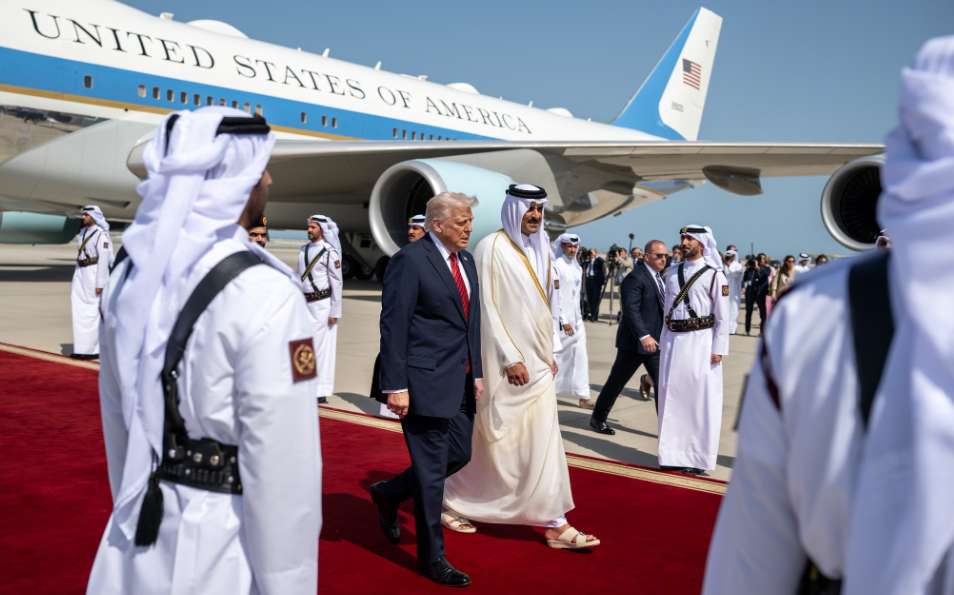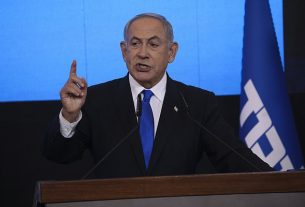On May 14, 2025, U.S. President Donald J. Trump and Qatar’s Emir Sheikh Tamim bin Hamad Al Thani signed a series of agreements projected to generate at least $1.2 trillion in economic activity over the coming decades. The announcement underscores a significant deepening of economic and strategic ties between the United States and Qatar.(Reuters)
Key Components of the $1.2 Trillion Deal
Aviation and Aerospace: $96 Billion Aircraft Purchase
A cornerstone of the agreement is a $96 billion deal between Qatar Airways and Boeing. The airline is set to purchase up to 210 widebody aircraft, including Boeing 787 Dreamliners and 777X models, all equipped with GE Aerospace engines. This transaction is expected to support approximately 154,000 U.S. jobs annually and represents Boeing’s largest widebody and 787 order to date. (Reuters, New York Post)
Defense and Security Investments: $38 Billion Potential
The agreements also include a statement of intent for up to $38 billion in investments aimed at enhancing infrastructure and capabilities at Qatar’s Al Udeid Air Base. These investments will focus on air defense and maritime security initiatives, strengthening the strategic partnership between the two nations. (Reuters)
Additional Defense Procurements: $3 Billion
Further enhancing defense cooperation, Qatar has committed nearly $3 billion to procure advanced military technology from U.S. companies. This includes $1 billion for Raytheon’s counter-drone systems and approximately $2 billion for General Atomics’ drones, bolstering Qatar’s defense capabilities. (New York Post)
Strategic and Economic Implications
These agreements signify a robust expansion of U.S.-Qatar relations, encompassing sectors such as defense, aerospace, and infrastructure. The substantial investments are poised to create thousands of jobs in the United States, particularly in manufacturing and technology sectors. Additionally, the deals reinforce Qatar’s position as a key partner in regional security and economic development.(KDBC)
President Trump emphasized that these commitments reflect a mutual dedication to fostering long-term economic growth and stability in the Middle East. The agreements also pave the way for future collaborations in emerging technologies and infrastructure projects.
Broader Context: Middle East Diplomacy
This announcement follows President Trump’s recent diplomatic engagements in the Middle East, including a landmark meeting with Syrian interim President Ahmed al-Sharaa in Saudi Arabia. During that visit, Trump urged Syria to normalize relations with Israel as part of the Abraham Accords and announced the lifting of U.S. sanctions on Syria, marking a significant shift in U.S. foreign policy. (Reuters)
The Qatar agreements are part of a broader strategy to enhance U.S. influence in the region through economic partnerships and strategic alliances. While these initiatives have garnered support for their potential to stimulate economic growth and regional stability, they have also sparked debate regarding their geopolitical implications and the ethical considerations of accepting high-value gifts from foreign governments.
As the agreements unfold, the international community will be closely monitoring their implementation and impact on U.S.-Qatar relations, regional security dynamics, and the broader Middle Eastern geopolitical landscape.
President Donald J. Trump and Emir of Qatar, Sheikh Tamim bin Hamad Al-Thani on his Visit to Qatar, Picture by the US White House Media Team.



